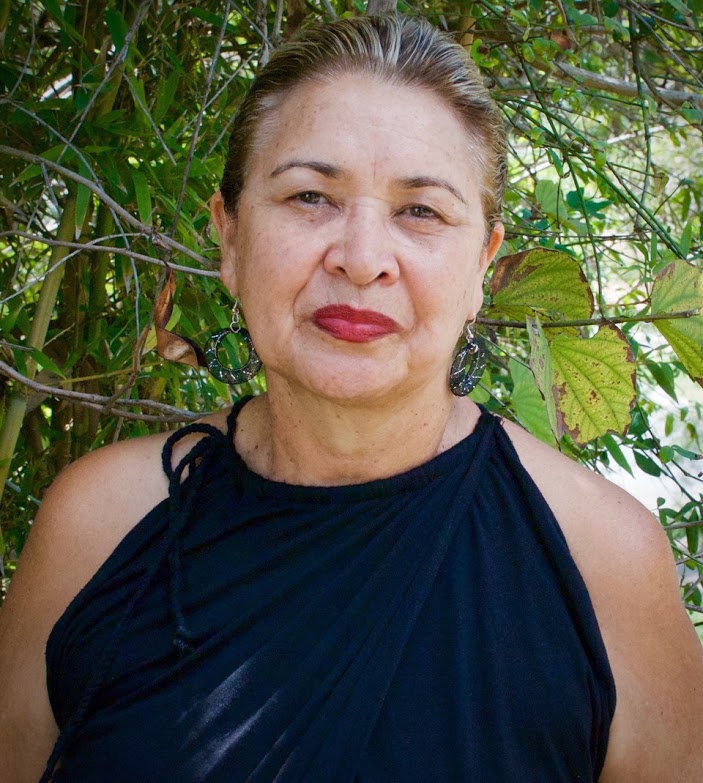Can you tell me about your experiences as a Research Higher Degree (RHD) student?
I can look at it now and look at it with a smile. But I think it was an assortment of experiences which has made me more focused through the learning. There were some really hard bits along the journey, for example, problem solving and learning and developing skill. There were also emotional and the family issues along the journey. The relationship with supervisors is critical. Would I do it again? With what I know now, yes, I’d do it again.
What was your pathway into a Research Higher Degree?
I went from high school, I had a gap year. I then went to do my undergraduate in UNE at Armidale, and then I worked for 16 years. Then I did a Masters of Public Health at JCU, and moved to Adelaide to take up a PhD scholarship at University of South Australia, Adelaide. I had always wanted to do a PhD. I didn’t know what it involved, so for me it was the stuff about – I’ve always enjoyed learning and I have always seen my role in whatever I’ve taken as a translator of knowledge. From very technical policy knowledge to be a conduit and a translator to community.
What support mechanisms or aspects of university life have contributed to you completing a Research Higher Degree?
I’ve been really fortunate that I’ve had a whole range of people travel the journey with me. I also sought out key advisors, key supporters and a network of encouragers. I was fortunate enough to be included in a cohort of Aboriginal and Torres Strait Islander HDR students. I was sharing the journey with a whole bunch of other Aboriginal and Torres Islander colleagues that were doing their studies. Being a mature aged student helped. I sought advice, I had some people around – I mean there’s moments where you actually lose complete confidence of yourself and you’ve got people around you who will just support you – encourage you.
What advice would you suggest for current Aboriginal and Torres Strait Islander students contemplating a Research Higher Degree?
Sometimes studying is the easiest thing, the thing that will trip you up is actually life. Relationships, family, finance, things like that. You’ve got to have good people around you, and you’ve got to drive this process. When I graduated, it was the most humbling experience because it’s actually a community of people that get you through it. I felt very honoured that people had stood by me, that I’d drawn people into my life that supported me. Now I have a responsibility to pay it forward to someone else. So yeah, I guess for me I stand on the shoulders of giants that have walked before me and I’m very much aware of that. I am also reminded that for me research is a form of activism.

